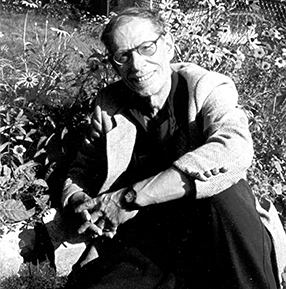The European Shoe
The European Shoe is covered with grass and reed, bound up and wound
around so that it may slip easily over the wearer's head.
In case you are an aircraft pilot, you must take care that the
European Shoe does not creep off your foot, and begin to
make its way carefully across the fusilage.
The European Shoe pressed against the fugitive's nose, preventing it
from imminent departure.
The European Shoe spends summers in delightful ways. A lady feels its
subtle and unexpected pressure the length of her decolletage.
(It winters in pain).
That time I lent you my European Shoe you departed with a look of
grandeur, and in total disrepair.
The European Shoe knocks on the door of the carefree farmerette. "The
harvest has been gathered in, ha, ha," it says, moving shyly forth
along the edge of the couch.
I pointed to the European Shoe. I ate the European Shoe. I married
the European Shoe.
Tears fall from the eye of the European Shoe as it waves goodbye to us
from the back balcony of the speeding train...
It helps an old lady, extremely crippled and arthritic, move an
enormous cornerstone. It invents a watch which, when wound up
tightly, flies completely to pieces.
It was a simple and dignified ceremony, distinguished for its gales of
uncontrollable laughter, in which I married the European Shoe.
If it rains, the European Shoe becomes very heavy. I failed to cross
the river, where thousands of European Shoes lay capsized.
And so we lived alone, we two, the envy of our neighborhood, the
delight of our lively hordes of children.
I saw a flightful of graceful sparrows heading to distant,
half-forgotten islands, over the distant seas; and in the midst of
that annually questing company, I saw the European Shoe.
It never harmed anyone, and yet it never really helped anyone.
Gaily it sets out into the depths of my profoundest closet, to do
battle with the dusts of summer....
Credit
From The Body, published by Wesleyan University Press, 1968. Copyright © 1968 by Michael Benedikt. All rights reserved. Reprinted by permission of the author.
Date Published
01/01/1968

